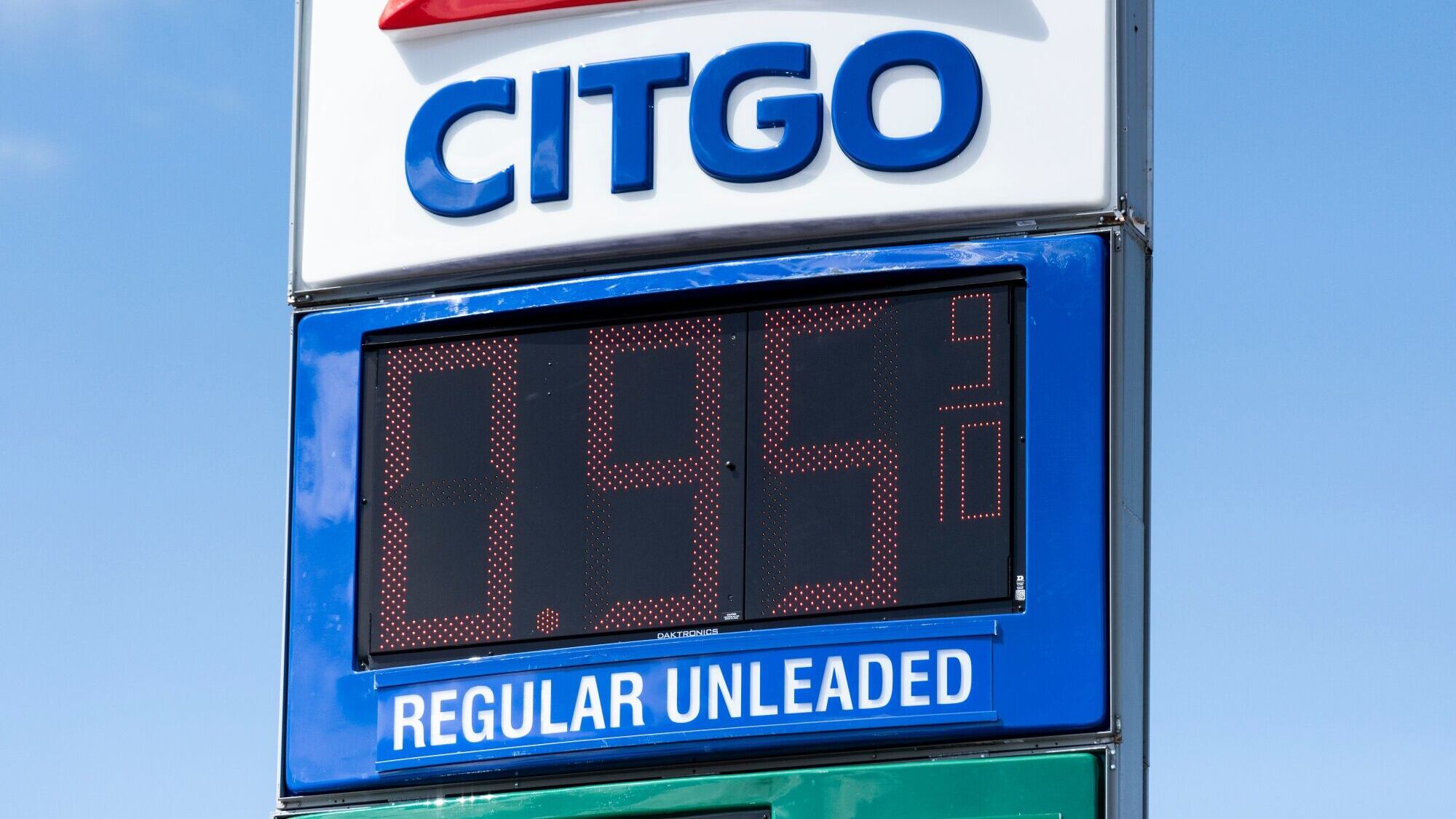(Bloomberg) -- Venezuela’s opposition is weighing a move that would slow the sale of oil assets under its control by having Citgo Petroleum Corp.’s holding company file for bankruptcy in the US, according to people familiar with the deliberations.
Opposition-appointed Petroleos de Venezuela executives are seeking to retain control of their most important overseas asset, which is up for auction, and are mulling using a US Chapter 11 filing to block finalization of its sale, said the people, who asked not to be identified because they weren’t authorized to speak publicly about the tactic. Trade publication Reorg previously reported the plan.
Final bids are due June 11 for shares of Citgo’s US parent – which amount to ownership of the refiner — in a separate legal process. If the opposition decides to file for bankruptcy protection, it’s unclear whether that would happen before then, or before the winning bidder is announced in July, the people said.
“This play would buy them some more time to try and hike what they get for Citgo or bring in an outside party to rescue it,” said Charles Tatelbaum, a veteran bankruptcy lawyer who isn’t involved in the case.
Any decision by Citgo’s US parent, PDV Holding, to file for bankruptcy would need to be made in consultation with the opposition-led assembly, the only Venezuelan government body recognized by the US since it broke diplomatic relations with President Nicolas Maduro’s regime in 2019, said Yon Goicoechea, a member of the council that manages Venezuelan assets abroad known as CAPA.
“We have not taken any decision” on the issue of bankruptcy as an option, Goicoechea said. “We have been informed and participated in discussions on different options” regarding the legal strategies on the sale.
Under US bankruptcy law, PDVSA can ask a judge to stop attempts to target Citgo and other assets while the court sorts out whether the refiner’s Chapter 11 filing was proper. Other companies who’ve turned to bankruptcy in hopes of corralling US litigation have had their cases tossed.
While the auction is being held under the auspices of a federal judge in Delaware, it’s unclear whether any bankruptcy case would be filed in the state, the people said. Judge Leonard Stark refused last week to delay the auction’s final stage. Almost 20 creditors have won the legal right to some of the sale’s proceeds.
In a statement today Citgo said its management had no plans to file for bankruptcy, declining to comment on matters regarding its shareholder, PDVSA. Horacio Medina, a Venezuelan-opposition member who heads the ad hoc board that represents PDVSA in US courts, didn’t immediately return a message Wednesday seeking comment on the bankruptcy considerations.
The Citgo sale is designed to generate billions of dollars to repay companies whose assets Venezuela seized under the late Hugo Chavez. Among the companies claiming a share of the sale’s proceeds are Siemens AG, ConocoPhillips and Exxon Mobil Corp. Conoco says it’s owed more than $1.2 billion over the seizures.
The compensation push started with efforts by Crystallex International Corp., a Canadian miner whose rights to the Las Cristinas gold field were seized by Chavez. The now-defunct company won a $1.2 billion arbitration award in 2016 that grew to $1.4 billion with interest. Venezuela has made a partial payment on the arbitration award, so the country now owes nearly $970 million to Crystallex, which is first in line to have its judgment paid out of the auction’s proceeds.
The sale also is entangled in Venezuelan politics as Maduro’s government characterizes the potential loss of Citgo as the “theft” of an asset that provides much-need hard currency for the struggling country. While PDVSA remains in the hands of Maduro’s government, its US subsidiaries are controlled by an ad-hoc board appointed by the political opposition, led by former legislative leader Juan Guaido.
The people said its unlikely the opposition-led faction of PDVSA will take the bankruptcy route for Citgo before national elections in July, so the auction doesn’t become an issue. Polls this month show Maduro trailing far behind opposition candidate Edmundo González ahead of the July 28 vote. Venezuela’s president serves six years.
The US Treasury Department’s Office of Foreign Assets Control also must sign off on any sale, as Citgo is protected by US law.
The case is Crystallex International Corp. v. Bolivarian Republic of Venezuela, 17-mc-00151, US District Court, District of Delaware (Wilmington).
--With assistance from Andreina Itriago Acosta and Lucia Kassai.
(Updates with details on arbitration award starting in the 11th paragraph.)
©2024 Bloomberg L.P.
